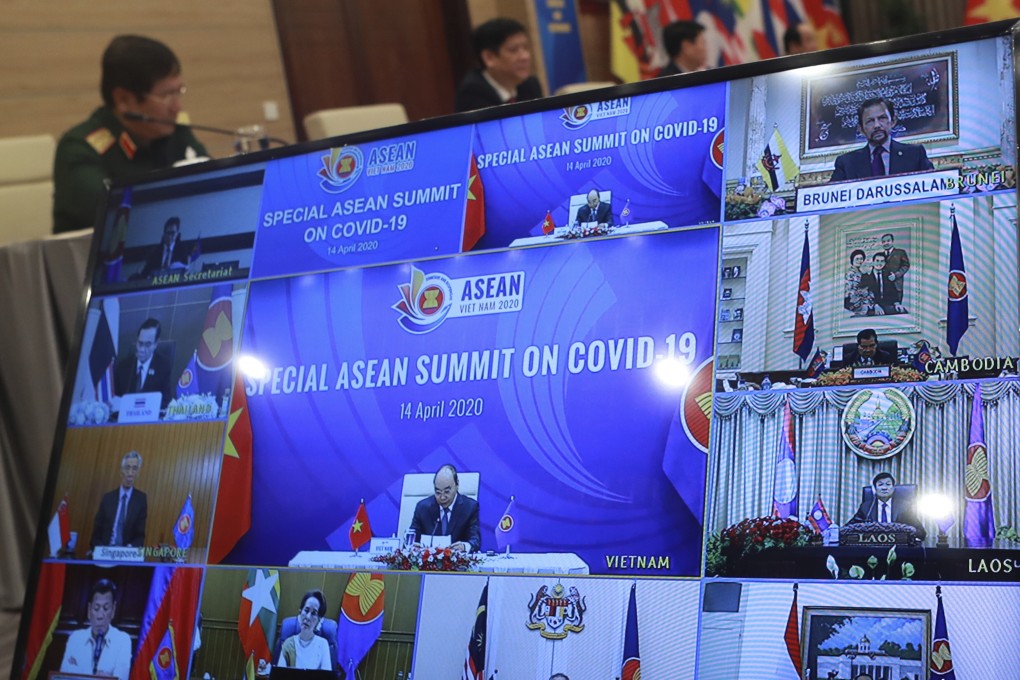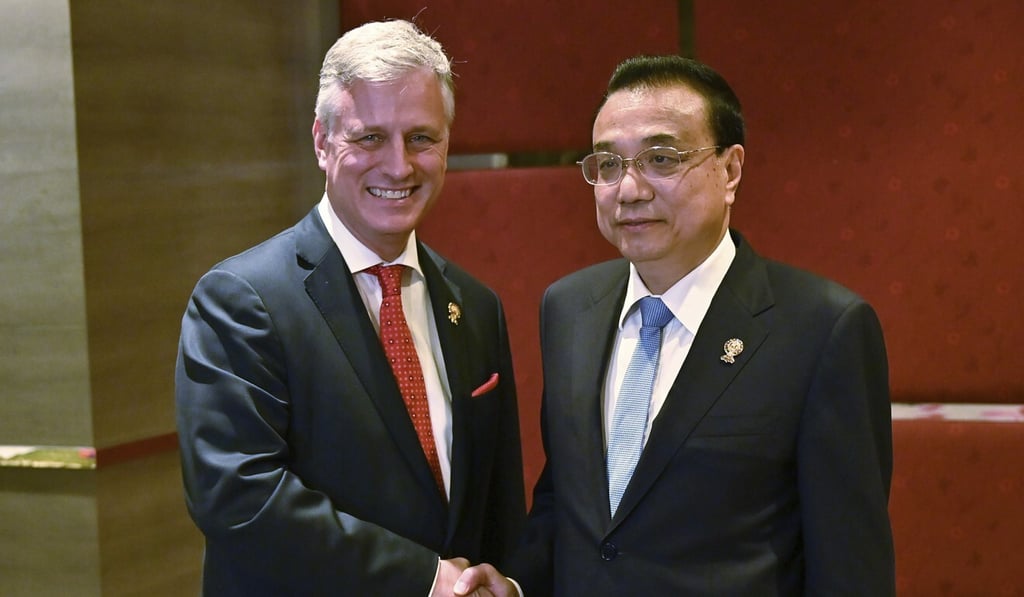Opinion | Covid-19 sharpens US-China rivalry, complicating Southeast Asia’s dilemma
- Asean states have tried in recent years to steer clear of Beijing’s and Washington’s manoeuvrings. The tit-for-tat accusations between the two over their handling of the pandemic now add to existing tensions over trade and the South China Sea

More than most places, Southeast Asia has been affected acutely by the growing US-China rivalry that has kicked into high gear over the past decade. Covid-19 has intensified these strains between the world’s two largest economies, complicating Southeast Asia’s situation even further.
Covid-19 has accelerated the changing dynamics in Southeast Asia. Recent years have seen the Association of Southeast Asian Nations being tugged in different directions as China seeks to pull individual states into its orbit to protect its southern region while also looking to block American naval access to the region’s strategic waters.

To this end, the Trump administration has been working with allies and partners – that is, Australia, Japan, Indonesia, Vietnam and India – while seeking to counter Beijing’s growing political influence with certain Asean member states.
